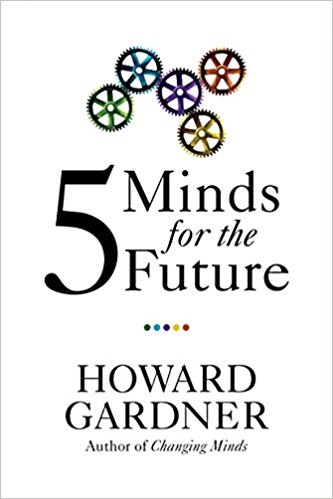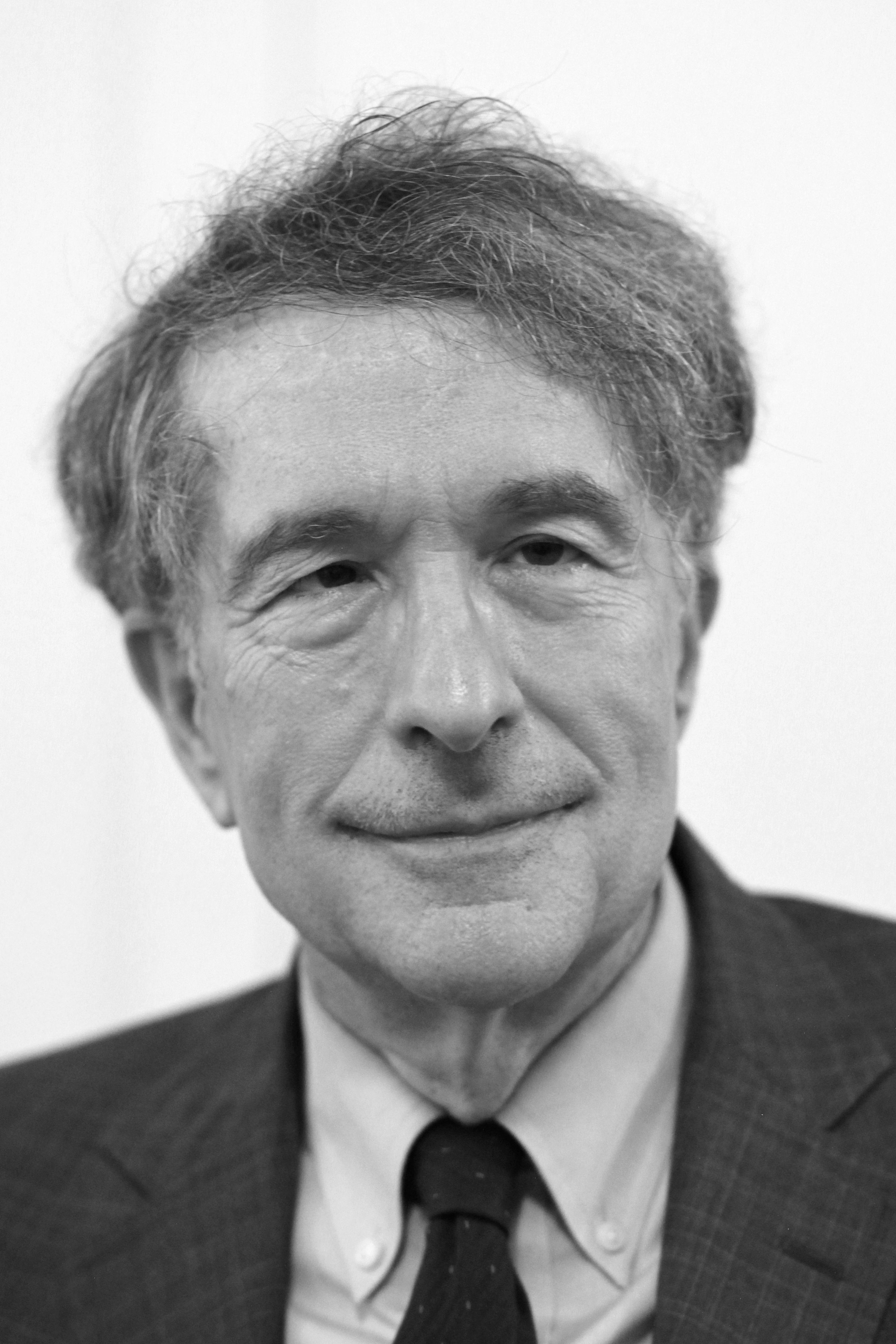Five Minds for the Future Summary

5 min read ⌚
 The future was always subjected to lots of questions.
The future was always subjected to lots of questions.
To quench the thirst of these passionate individuals, Howard in the 80s started sharing his revelations on intelligence with the world.
In this short but all-encompassing book summary, we’ll try to dispatch a message to the world and hopefully, receive positive feedback.
Who Should Read “Five Minds for the Future”? And Why?
“Five Minds for the Future” is testing not only people’s creativity to cope with the never-ending technological enhancement but also their endurance in such environment.
Anyone willing to explore the elementary laws of various Mindsets that will take over the world should give this book a fighting chance.
About Howard Gardner
 Howard Gardner an American psychologist, author and theorist born on July 11th, 1943 in Scranton. He has written plenty of articles, available in more than 30 languages. His most famous work is the theory of multiple intelligences, firstly explained in the 1983 masterpiece – Frames of Mind.
Howard Gardner an American psychologist, author and theorist born on July 11th, 1943 in Scranton. He has written plenty of articles, available in more than 30 languages. His most famous work is the theory of multiple intelligences, firstly explained in the 1983 masterpiece – Frames of Mind.
“Five Minds for the Future Summary”
The Harvard psychologist MacArthur shook the Earth with his unorthodox claim about the human capabilities. As a man of high stature, MacArthur was entitled to present a controversial opinion. In fact, the discussion was reduced to one particular aspect. Is it factual, to accept a single metric to evaluate the level of human capacity?
According to Gardner, this idea was complete trash, and he advocated and endorsed a new-modern theory that our brain is not limited to one particular “cleverness.”
Just like anything else, the ability to go through a series of processes in order to transform one’s mind will produce some results. All 5 phases are deliberately or unintentionally designed to answer the challenges of the digital age. Even businesses are aware of the fact, that if they don’t go side-by-side with the vast technological advancement which doesn’t rest even for a second, a collapse is inevitable.
Here’s what’s coming:
Winston Churchill’s case shouldn’t be construed as an attempt to predict the future but as an intention to expand the horizons of those who are still living in a small restricted world. He often used to say; the future empires will rely on one’s mind, not on military and economic influence.
Deliberately or not, he neglected the impact of weaponry in years to come and subtly turned towards unexplored matters. The tangible benefits will become secondary, and the main threat and prosperity will emerge from the brainpower.
Churchill was certainly not a fortune teller or a psychologist. He never gave any precise countermeasures for the humanity to excel at defining the human capacity, but Winston was more of a visionary. Globalization, for example, acts as living proof of this theory which adheres to the fact of multiple intelligences.
The technology-driven world brought the age secrecy to its knees, at the expense of a higher income. In other words, this evolutionary progress created a new society or “The Five Minds”!!!
The costs of not applying practices characteristic for the modern age can lead to a catastrophe. Howard Gardner presents the five minds, that toe to toe with the “devil” which causes such downfalls!
Key Lessons from “Five Minds for the Future”
1. The Disciplined Mind
2. The Synthesizing Mind
3. The Creating Mind
4. The Respectful Mind
5. The Ethical Mind
“The Disciplined Mind”
You can call it a stage or a level which instigates people to explore the logical and factual, instead of abstract. To put it differently, this mind refers to the formal education.
If you plan on to pile up facts and proven theories in your head, well – congratulations, you are one step closer to becoming a master of discipline.
“The Synthesizing Mind”
Synthesizers originate from various parts of the world. As the name implies, they were indeed the lords of the ancient times, dwelling in ancient Greece, Rome, and other cultural centers.
Their idea was to collect and reorganize the mountain of knowledge gathered throughout the years and design a useful format that can serve as a tool to quickly draw any information if such thing is required.
Plato and Aristotle are only some of the philosophers who launched this project.
“The Creating Mind”
As Einstein once told, imagination is more important than knowledge. Human creativity at its best is covered and questioned openly and transparently.
Employers are in search of thinkers, and employees who can provide “out-of-the-box” solutions, to the fluctuating and relentless economy.
Only a 100 years ago, the entrepreneurs were fierce with their workers, exploitation was normal, and creativity was almost banned. However, gradually we managed to close the circle of ignorance, and entered an era where creativity is the difference between success and collapse.
“The Respectful Mind”
Before we began assembling teams to improve the decision-making capacity of the organizations, companies or states, our ancestors used to gather in groups to improve their chances of survival.
Human beings are social creatures, but sometimes interactions take an unexpected turn for the worst, leading to heated arguments sometimes even with deadly consequences.
This pattern cannot be eliminated with one swing, but a respectful mind can generate better understanding. The solution this mindset provides is easy to digest, – respect other’s opinion and contribute to resolving the problem.
“The Ethical Mind”
It’s said, becoming an ethical person with integrity in a superficial world, is like finding a needle in a haystack. Doing good deeds, caring for the community, and sincerely offering an apology if you misjudge certain conditions is the essence itself of this Mind.
How you conduct your daily activities speaks a lot about you, either as an ethical or as a dishonest individual. If you spend the majority of time trying to do the right thing, you have all the relevant traits of keeping the “membership.”
Like this summary? We’d Like to invite you to download our free 12 min app, for more amazing summaries and audiobooks.
“Five Minds for the Future” Quotes
Part of the maturity of the sciences is an appreciation of which questions are best left to other disciplinary approaches. Share on X I want my children to understand the world, but not just because the world is fascinating and the human mind is curious. I want them to understand it so that they will be positioned to make it a better place. Share on X Perhaps, indeed, there are no truly universal ethics: or to put it more precisely, the ways in which ethical principles are interpreted will inevitably differ across cultures and eras. Yet, these differences arise chiefly at the margins. Share on X Education in the broadest sense should help more human beings realize the most impressive features of the most remarkable representatives of our species. Share on X The mind-that-would-synthesize must grapple with forces that seem to be arrayed against its proper realization. Share on X
Our Critical Review
Supported by personalities of the highest status such as Einstein, Winston Churchill, Aristotle, Plato, we are absent choice than to fully endorse such comprehensive analysis of what is to come.







